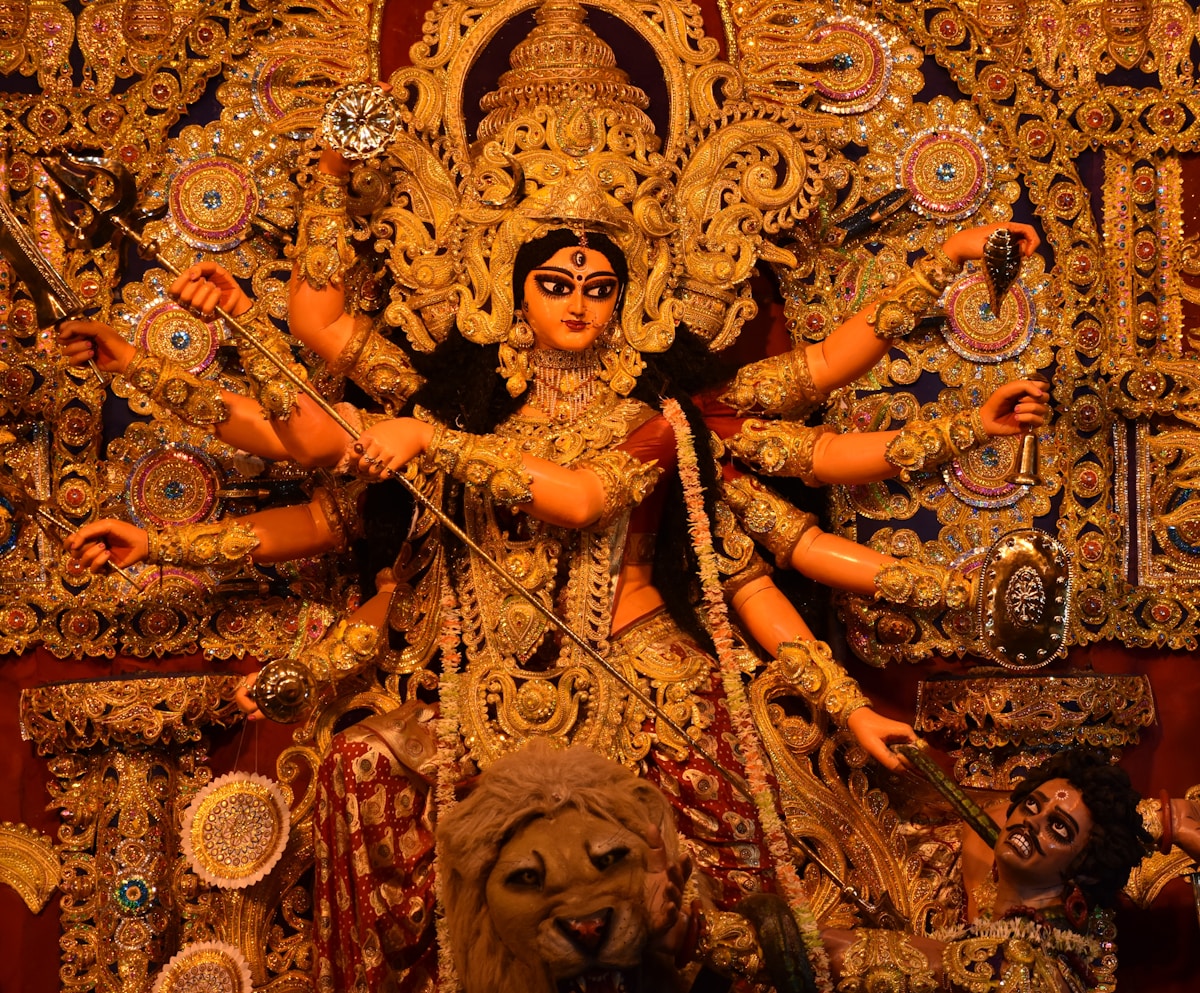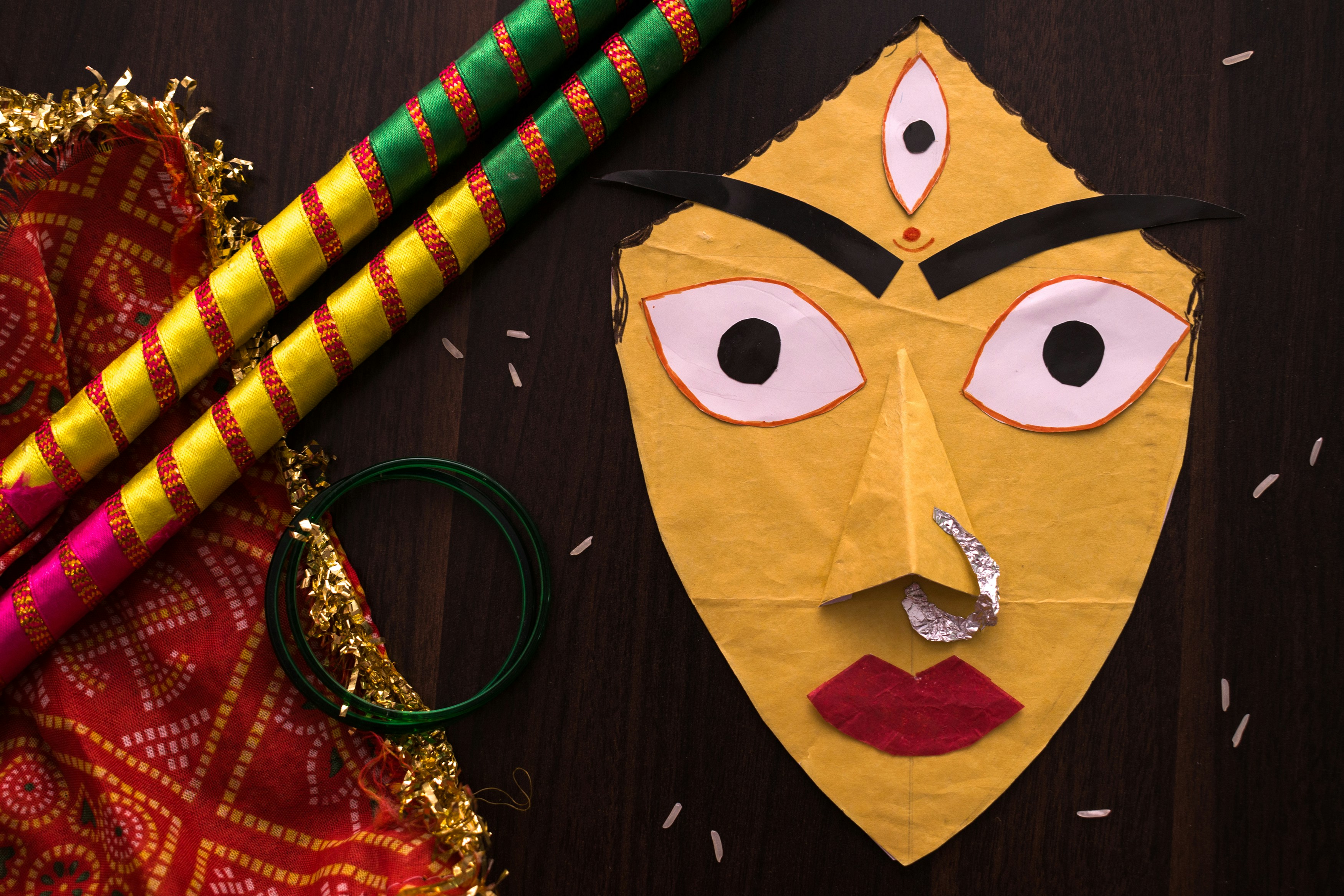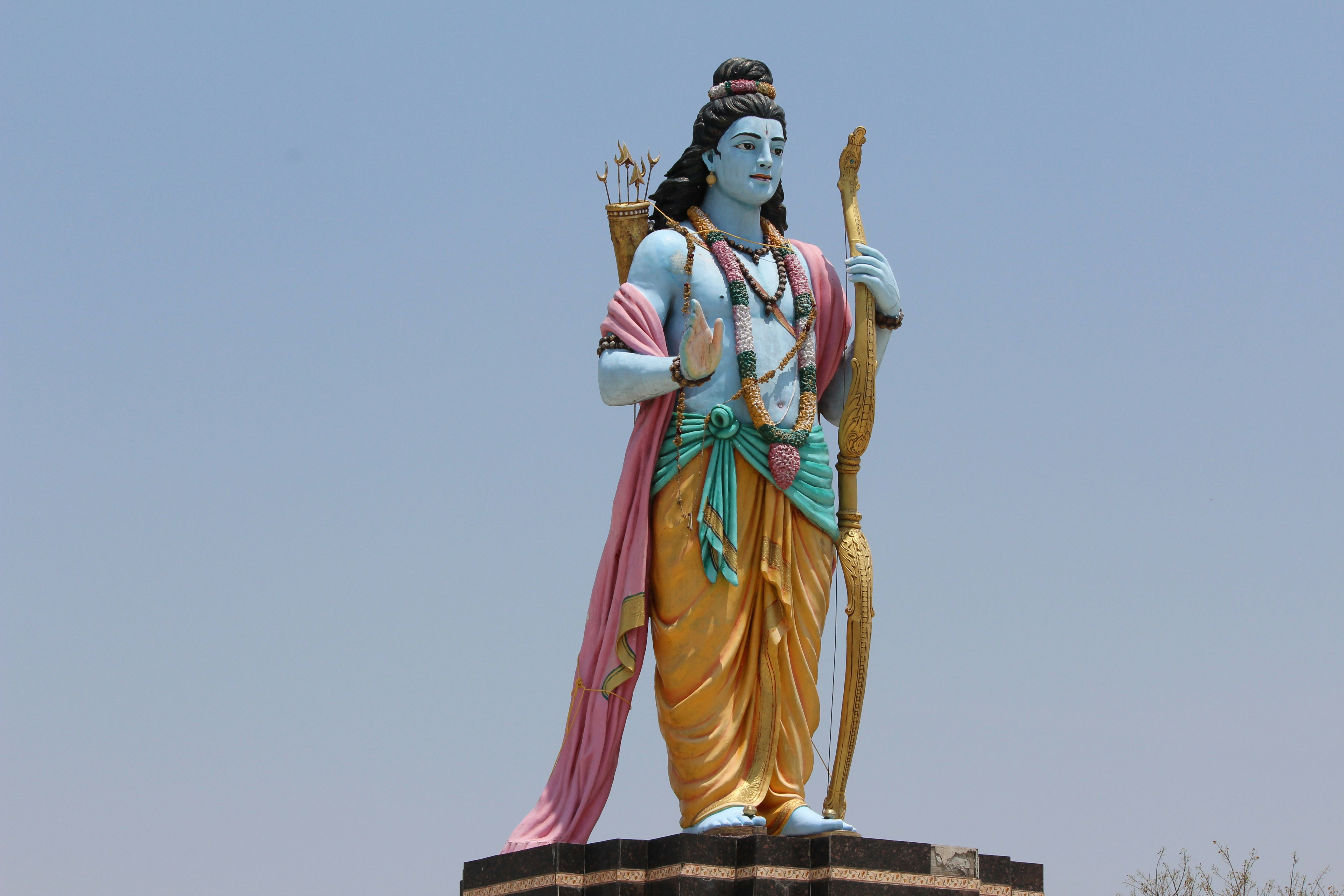the spiritual significance of dussehra or vijayadashami

Vijayadashmi or Dusshera marks the tenth and the last day of the festival of Navratri, which spans nine nights and ten days, is dedicated to the worship of the divine feminine.
In its purest sense, Dussehra is a celebration of the victory of good over evil. The various parts of the Indian subcontinent celebrate the festival for different reasons. Some celebrate Dussehra as the victory of Ram (an incarnation of Lord Vishnu) over the demon king Ravana. Others observe this day as the victory of Goddess Durga over the buffalo demon Mahishasura to restore and protect dharma.
Vijayadashami – The Day of Victory
The ten days and nine nights of Navratri are dedicated to the worship of the goddesses Durga, Lakshmi, and Saraswati. These goddesses are seen as three dimensions of the feminine, symbolic of the earth, the sun, and the moon, or of tamas (inertia, darkness), rajas (activity, passion), and sattva (transcendence, knowledge, purity) respectively.
The nine days of Navratri are classified according to these three primary qualities. The first three days of the festival are dedicated to Durga, the next three to Lakshmi, and the last three to Saraswati.
As per Hindu tradition, investing your time and energy in worshipping each of these three forms of the divine feminine will bring you unique benefits and make you powerful in a certain way. However, if you choose to progress beyond them, then your journey is no longer defined by pursuing power; rather it becomes about something far superior: liberation. Detachment from all these qualities is far from easy, but it’s definitely a goal worth pursuing.

The tenth and final day, Vijayadashami, symbolizes the triumph over all these three aspects of life. It indicates that you engaged in each of them, yet you did not indulge or invest your precious resources in any one quality in particular. In essence, you kept your calm and won over each of them. That’s why the last day of Navratri is marked as the day of victory. Vijayadashami, thus, signifies the virtues of balance, self-control, detachment, and freedom. Through this festival, we develop the discipline to show appreciation and gratitude for all the things that truly matter in our lives and understand the importance of this discipline in ensuring success and victory in the long term.
The War Between Good and Evil
Dussehra is a wonderful time for spiritual awareness. This festival reaffirms our faith in the fact that evil can never win in the presence of good and that divine power is always watching over us.
Today is a great day to meditate on an important aspect of our human existence: Both Ram (good) and Ravan (evil) are present in each of us as well. We can’t eliminate the negativity within us, it’s always there, and we have to learn to deal with it. We are the captains of our souls and there will be times when we’ll have to navigate through the high seas and the storms that come our way.
We have to take charge and fight our inner demons. We have to elevate ourselves and inch towards becoming Ram, instead of dwelling in negativity and evil and becoming Ravan in the process.

It’s a constant fight and it’s vital that we cultivate self-mastery to lead a better, wholesome, happy, and successful life. As Krishna instructs Arjun in the Bhagavad Gita, “Reshape yourself through the power of your will; never let yourself be degraded by self-will. The will is the only friend of the Self, and the will is the only enemy of the Self.” He further adds, “To those who have conquered themselves, the will is a friend. But it is the enemy of those who have not found the Self within them.” In other words, those who have genuine self-discipline and self-control, who are “self-conquered,” experience tranquility and live in peace.
So, starting today, let goodness and positivity flourish inside you. Work towards eliminating the negativity within you and choose the path of virtuousness and benevolence over everything else.


